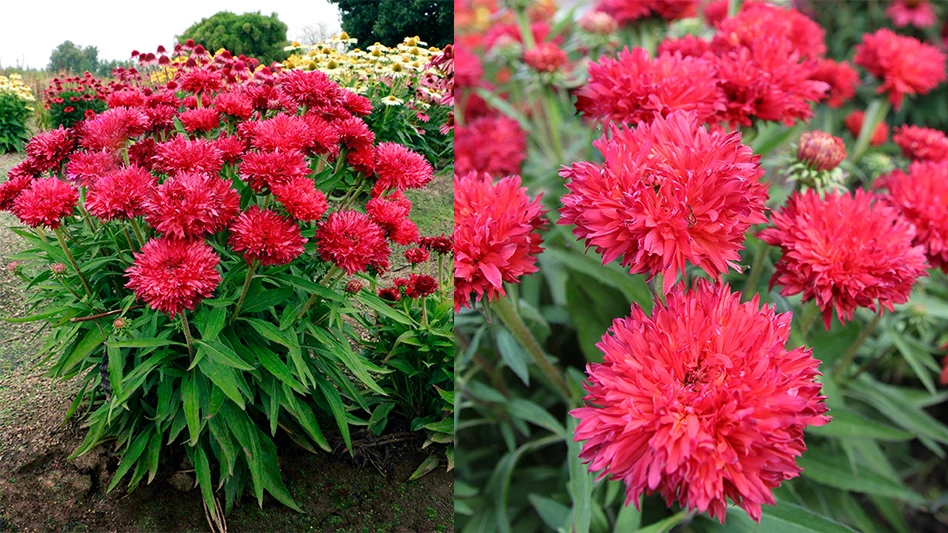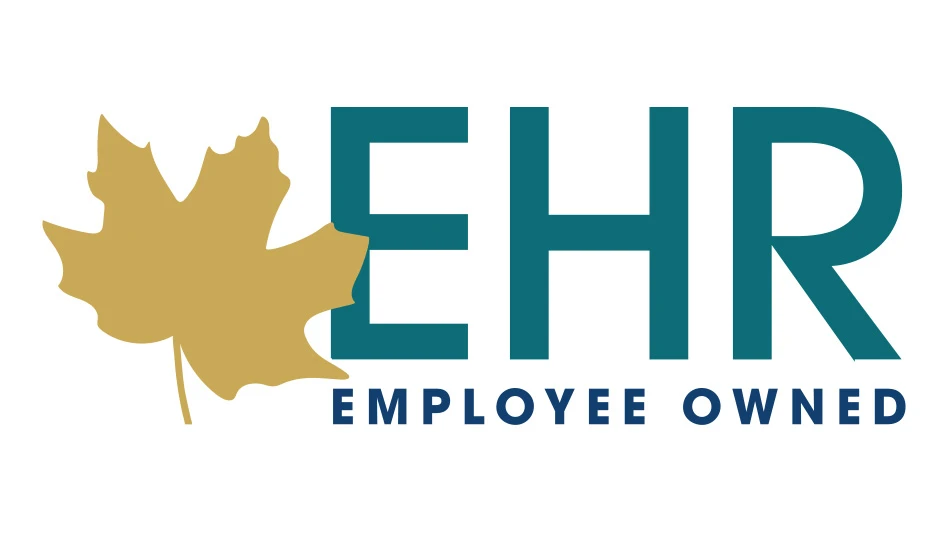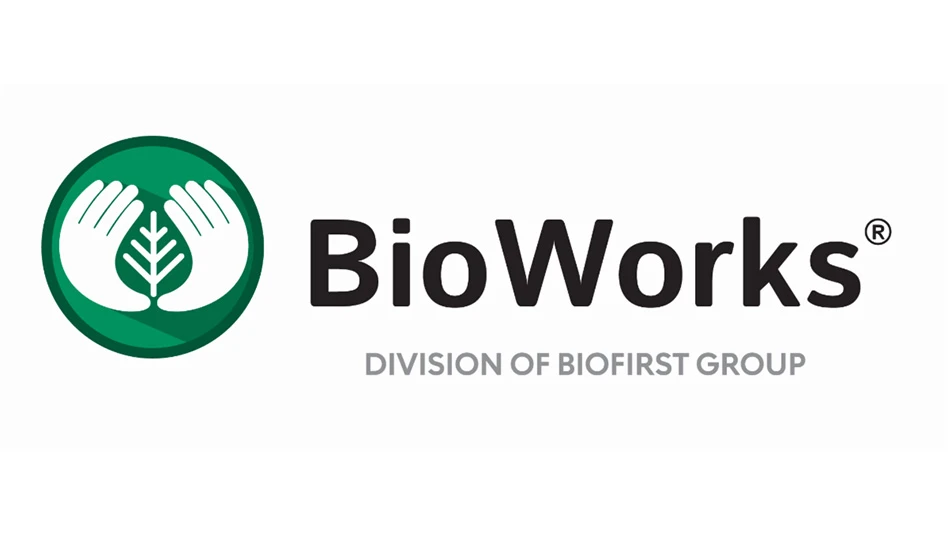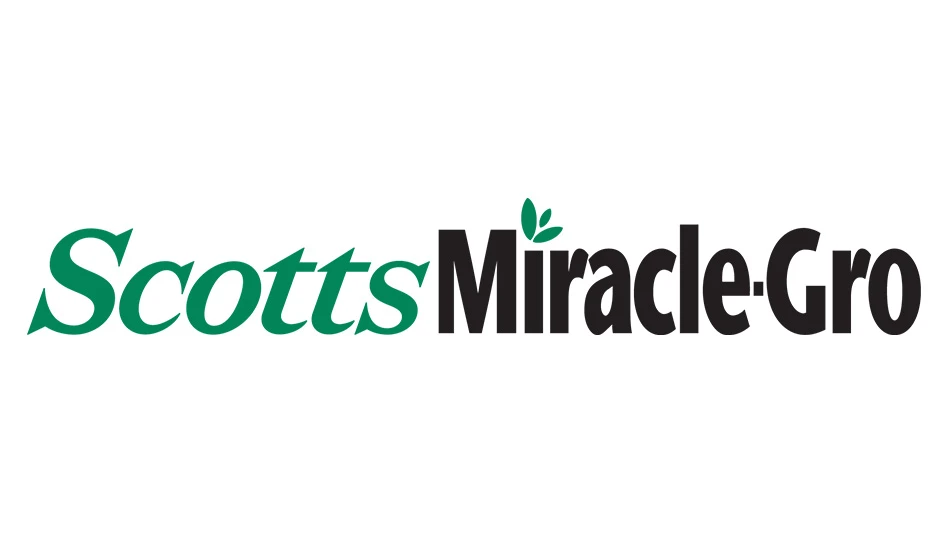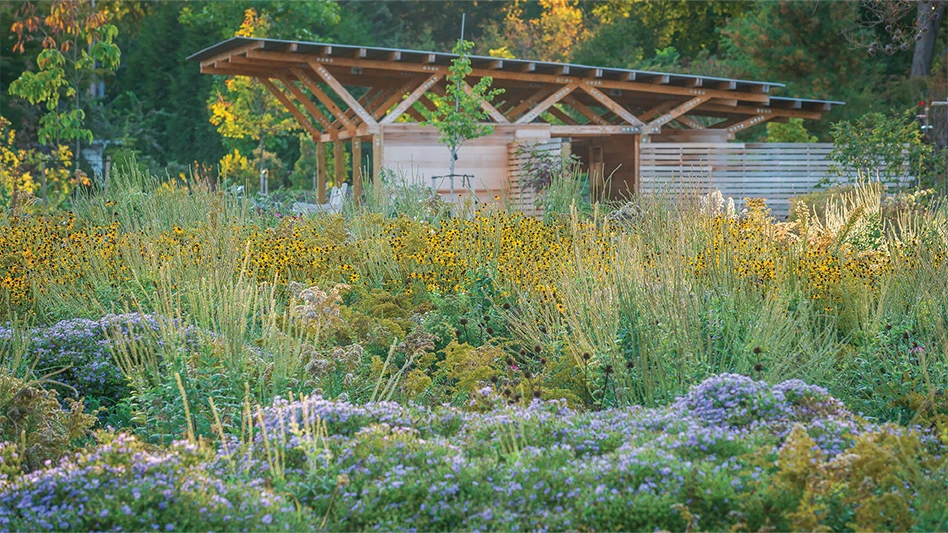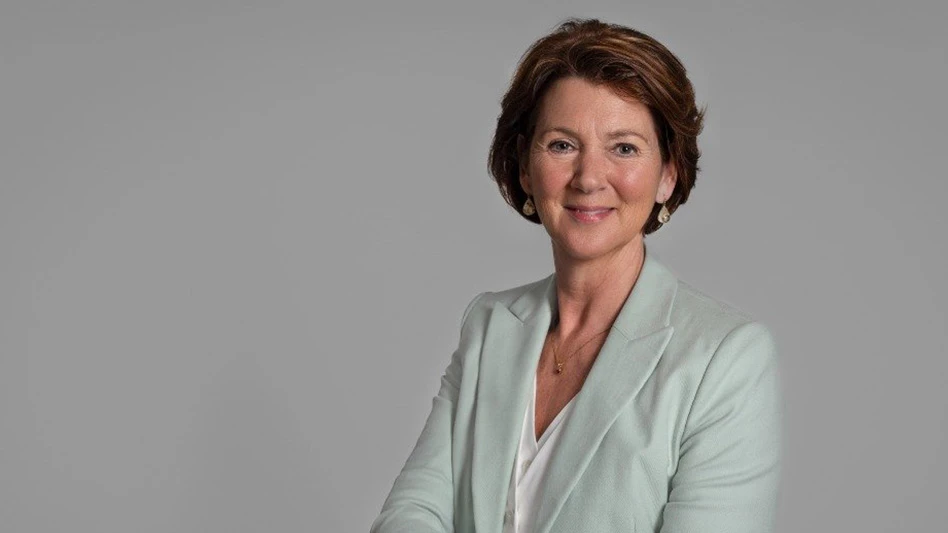 Greenhouse Management: First, can you tell us a little bit about the congress and why you decided to form the event?
Greenhouse Management: First, can you tell us a little bit about the congress and why you decided to form the event?
David Proenza: The congress is the first of its kind in Latin America. There have been a couple of similar (events) in the U.S., but we’re bringing a very unique approach. Dr. Tokoyi Kozai, who is the keynote speaker, has written a book which basically outlines the six fundamentals on how to run and manage a successful CEA — controlled environment agriculture — enterprise based on his many years of research and work in that area.
We have a very distinguished group of speakers from different universities around the world, and they will all basically talk about the six components. The congress is geared to people who have little to no experience, as well as people who are experienced and are already running businesses and want to learn in more detail how to run a successful CEA enterprise. And the Controlled Environment congress has greenhouse, vertical farms. ag tech and traditional farming applications.
GM: Are you seeing interest from other countries into the things you’ll be doing at the congress?
David Proenza: Absolutely. You read constantly that such-and-such a country is investing in 10,000 hectares or 50,000 hectares of controlled environment greenhouses. So the demand and the need, because of climate change and increased pathogen problems and pest problems in the field, you can really get a lot of those risks mitigated in a controlled environment agriculture enterprise.
So yes, the demand for CEA is increasing. There’s a lot of demand throughout Latin America and throughout the world. A lot of governments, not only the Panamanian, are providing incentives for people to come in and make that technology shift. And so it’s happening around Latin America primarily, but also in other parts of the world. More so in developing countries, but there’s a big demand right now.
GM: Where do you see the greatest need in controlled environment agriculture, either from a Panamanian perspective or from a more global perspective?
David Proenza: That’s a very, very good question because a Panamanian perspective is one way of looking at it and obviously a global perspective is a little different. I would say there still needs to be a lot of training on the proper use of this technology and there’s still a lot of research that needs to be done to maximize the total aspects of the controlled environment.
But we feel that in Latin America, and more specifically Panama, CEA and its technology are relatively new. Because it is new, there’s a lot of training that has to happen on how to produce in more of a controlled environment, where most things are hydroponic based. You have to learn how to control ventilation, temperature, humidity and air flow. It’s not very difficult, but it does require training.
And that’s the importance of the theme of the congress, which is basically how to run a successful controlled environment enterprise using six key components. And moving forward, that would be the theme of Panama from a research and development training perspective.
GM: There are already other events related to controlled environment agriculture in other places, but why did you see the need to create this event in Panama?
David Proenza: The region needs it. There was nothing in Panama like this. There was no agroponic training even at that basic level. So we’ve had to send our agronomers to different parts of the world — the United States, primarily. We’ve sent them to Europe and Spain to learn and train in this technology. When we searched in Latin America for which other countries were providing that training, there was very little — practically nothing.
The ones we did find, offered very basic information about home-type hydroponic and nothing of a more commercial nature. We saw that there was a vast need for this type of congress to come to Latin America with the type of speakers that we’re having. These are all top-tier speakers at each of their specialties in the CEA environment. We’re basically giving back what we’ve learned and we want to go ahead and make this opportunity available to everybody in the region.
GM: Why should growers in North America come to the event?
David Proenza: Because they’ll learn from speakers that come in from different parts of the world to showcase what they’re teaching and investigating in the CEA spectrum. They will have a chance to meet and talk on a personal level with a lot of the movers and shakers of this industry. It’s important for experienced growers as well, there will be a lot for them to learn. It’s not just basics. It’s everybody, whether they’re a novice in CEA or somebody that’s very experienced, they’re going to get a lot of impact out of this because of the type of speakers that will be present.
A Panama production
 The inaugural International Congress on Controlled Environment Agriculture (ICCEA) heads to the international business hub of Panama at the ATLAPA Convention Center in Panama City May 20 to 22, 2015, where industry leaders from the U.S., Japan, Netherlands, Korea, China and Panama will join together to share the latest in the urban agriculture and food production industry.
The inaugural International Congress on Controlled Environment Agriculture (ICCEA) heads to the international business hub of Panama at the ATLAPA Convention Center in Panama City May 20 to 22, 2015, where industry leaders from the U.S., Japan, Netherlands, Korea, China and Panama will join together to share the latest in the urban agriculture and food production industry.
Why attend?
ICCEA Panama is hosting a conference the first of its kind in Latin America to present recent innovations for vertical farms, greenhouse production and agriculture technology, and to provide the opportunity to network and share best practices with international industry peers and experts. Attendees will also get a leg up by meeting interested investors and experiencing the newest technologies from top suppliers.
Subjects covered
- Creating new markets using Plant Farms with Artificial Light
- Nutrient Control in hydroponic systems
- Automation challenges in vertical farms
- Improving cost performance by robotics
ICCEA Panama Speakers
Here are a handful of the 14 speakers from around the globe you won’t want to miss:
Keynote speaker: Dr. Toyoki Kozai of Chiba University (Japan)
Topic: Six components of CEA Enterprise (Read through our discussion with Dr. Kozai here)
Dr. Leo Marcelis of Wageningen University (Netherlands)
Topic: Artificial & Inter-lighting
Ph.D. Ricardo Hernandez of University of Arizona (U.S.)
Topic: Transplant production under controlled environment with artificial light for greenhouse and field cultivation
For more information, visit www.icceapanama.org

Explore the March 2015 Issue
Check out more from this issue and find your next story to read.
Latest from Greenhouse Management
- Grant awarded to test western U.S. wood species for use as wood fiber potting substrate
- Pennsylvania Horticultural Society announces 2025 Gold Medal Plant winners
- Oasis Grower Solutions announces new Southeast territory sales manager
- A nation of gardeners: A history of the British horticulture industry
- Last Word with Angela Labrum, Bailey Nurseries
- Iowa plant supplier Plantpeddler building retail complex
- This month's Greenhouse Management magazine is about native plants and sustainability
- The HC Companies, Classic Home & Garden merge as Growscape
